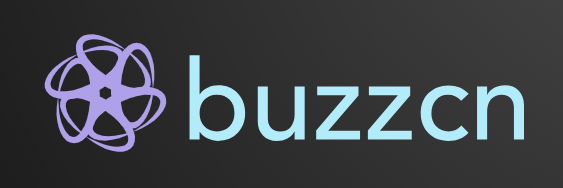Decoding Decentralization: Understanding the Blockchain Revolution
Decoding Decentralization: Understanding the Blockchain Revolution
In recent years, the term "blockchain" has surged into the mainstream lexicon, often accompanied by discussions about cryptocurrencies like Bitcoin and Ethereum. However, the implications of blockchain technology extend far beyond digital currencies. At its core, blockchain represents a paradigm shift in how we think about trust, transparency, and decentralization. As we delve into the nuances of this revolutionary technology, we will explore its fundamental principles, potential applications, and the challenges it faces as it continues to evolve.
What is Blockchain?
Blockchain is a distributed ledger technology that enables multiple parties to maintain a secure and immutable record of transactions. Unlike traditional databases that are controlled by a central authority, a blockchain is decentralized, meaning that no single entity has control over the entire network. Each participant, known as a node, has a copy of the entire ledger, and all changes must be agreed upon through consensus mechanisms, such as Proof of Work or Proof of Stake.
This architecture provides several key benefits:
-
Transparency: All transactions are recorded on the blockchain and can be viewed by all participants. This level of transparency ensures accountability and reduces the potential for fraud.
-
Security: Data stored on a blockchain is cryptographically secured, making it extremely difficult for hackers to alter the information without being detected.
-
Immutability: Once a transaction is recorded on the blockchain, it cannot be changed or deleted. This feature is crucial for maintaining a reliable history of events.
- Decentralization: By distributing control among many users, blockchain reduces the risks associated with centralized authorities, such as data breaches and corruption.
Applications of Blockchain Technology
As we begin to understand the principles of decentralization through blockchain, it’s essential to highlight its versatile applications across various sectors:
-
Finance: Beyond cryptocurrencies, blockchain technology is transforming banking by facilitating faster cross-border payments, reducing transaction costs, and enabling decentralized finance (DeFi) platforms.
-
Supply Chain: Companies can enhance transparency and traceability in supply chains by recording every transaction on a blockchain, allowing consumers to verify the origin and journey of products.
-
Healthcare: Blockchain can securely manage patient data, providing a tamper-proof way to store medical records, facilitating better interoperability among healthcare providers, and ensuring patient privacy.
-
Voting Systems: Blockchain technology can create secure and transparent voting systems, potentially increasing voter turnout and trust in electoral processes.
- Digital Identity: Individuals can control their digital identities on a blockchain, allowing secure and private verification without relying on centralized systems.
Challenges to Overcome
Despite its promising potential, blockchain technology is not without challenges. Some of the key hurdles include:
-
Scalability: Many blockchain networks face scalability issues, with transaction speeds often lagging behind traditional methods. Innovators are continuously working on solutions to enhance capacity without compromising security.
-
Regulatory Hurdles: Governments around the world are still grappling with how to regulate blockchain and cryptocurrencies. The lack of clear regulatory frameworks can stifle innovation and adoption.
-
Technical Complexity: The understanding and implementation of blockchain can be daunting for businesses and individuals. Education and user-friendly interfaces are essential to encourage adoption.
- Energy Consumption: Particularly for networks utilizing Proof of Work, the energy requirements for maintaining a blockchain can raise environmental concerns, leading to ongoing discussions about sustainability.
Conclusion
The blockchain revolution is here, and with it comes a new era of decentralization that challenges traditional notions of trust and authority. As understanding and applications of this technology continue to expand, its transformative potential will likely impact numerous aspects of our daily lives. By decoding the principles of decentralization and advocating for innovation, we can pave the way for a more transparent, secure, and equitable future.
As we embrace this change, staying informed and engaged will be crucial, not just for technologists but for everyone who stands to benefit from this groundbreaking advancement.
Tags for SEO: Blockchain, Decentralization, Cryptocurrency, Trust, Transparency, Distributed Ledger Technology, Future of Finance, Blockchain Applications, Supply Chain, Digital Identity, Regulatory Challenges, Scalability Issues, Blockchain in Healthcare.
